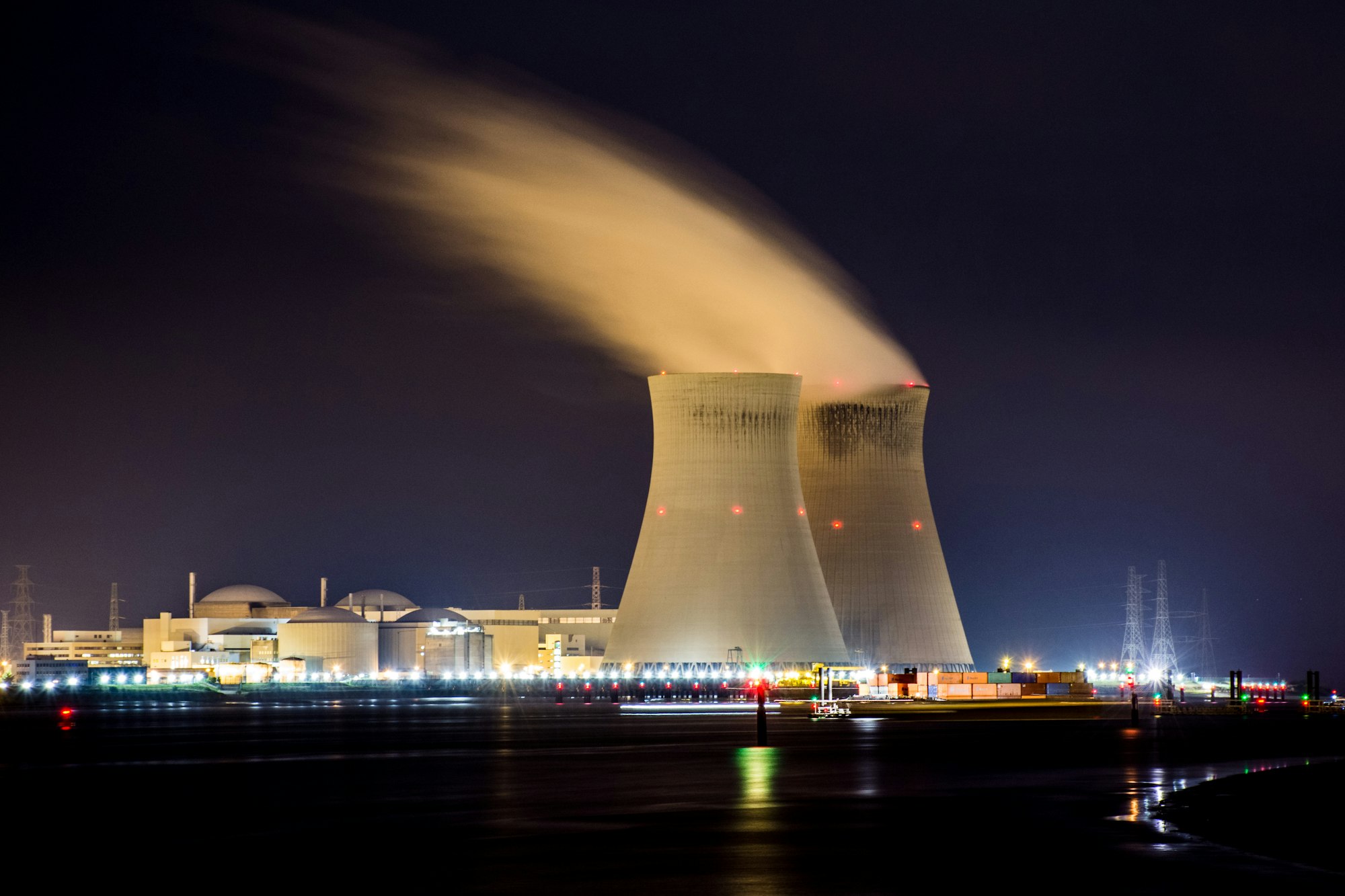The Best Paying Jobs in Energy 2022 to 2023
The energy sector is projected see huge growth in recent years. Keep reading to see a list of the highest paying jobs in energy and how to land an offer!



Photo by Matthew Henry / Unsplash
The energy sector is no stranger to high-paying jobs. If you think the shift toward renewables is the only driver of the field's premium salaries, you haven't been paying close attention. From oil exploitation site assessors to turbine engineers and alternative power project managers, professionals working in the energy sector bring home the big bucks – and we wanted to find out who's making the most.
This list isn't exhaustive, but it might help you get the ball rolling if you're looking to start a career in an energy-related domain. Here are some of the most exciting and highest-paying jobs in energy, a bit of what they entail, and the most recent median or average pay.
1. Electrical and Electronics Engineers
Average Salary: $101,780 per year
Electrical engineers take on a wide range of responsibilities in the energy sector, and the broad nature of their expertise gives them ample career latitude. These engineers play a critical role not only in the maintenance of existing hardware systems, but also in the design and implementation of novel power generation, conditioning, and delivery solutions. If you've got a business that has anything to do with energy, you'll likely need an electrical engineer at some point, so these pros can take heart in knowing they're not tied to a single subdomain.
To become an electrical engineer, most positions require a bachelor's degree and some sort of job training.
2. Petroleum Engineer
Average Salary: $130,850 per year
Petroleum engineers are responsible for the extraction of oil and gas from both onshore and offshore reservoirs. They work closely with geologists and other engineers to develop the best methods for exploiting and storing these resources. The nature of this job means it may be travel-heavy, particularly if you find employment at an oilfield or well – As with most careers, the cushiest desk jobs are doled out with a preference for seniority.

3. Nuclear Engineer:
Average Salary: $125,380 per year
Nuclear engineers design and oversee the construction of nuclear power plants. They also develop safety procedures and monitor the ongoing operation of these facilities.
This job isn't all "sit around pretending to be Homer Simpson" though. For instance, some nuclear engineers create spacecraft batteries, plan fuel remediation and disposal projects, or branch out into the petroleum industry by helping oilfield operators manage on-site radiation hazards. You might even land a regulatory role or work on refining isotopes for medical use.

4. Geophysicists and Geological Engineers:
Average Salary: $97,090 per year
Geological engineers evaluate the stability of the ground in areas where mining or other heavy industry is taking place. They also develop plans to mitigate any risks associated with these activities.
So why is this an energy job? Large-scale power projects require huge investments in construction and infrastructure. Having someone who knows a lot about rocks on your team is also a pretty smart move when you're mining for the metals used in electronic devices or extracting oil products. For instance, petroleum geologists typically fill key roles during projects that involve mapping underground reserves of oil and gas, and they work closely with drilling teams to ensure that these resources are extracted safely and efficiently.
In many cases, these experts join reclamation projects, working to eliminate environmental contamination and solve sustainability problems – so this might be one of the few areas where you can actually thank previous generations for leaving such a mess behind.
5. Chemical Engineer:
Average Salary: $105,550 per year
Chemical engineering is another domain characterized by career latitude. These engineers work everywhere from industrial plants and refineries to renewable labs, exploring fabrication processes, devising safety guidelines, creating waste capture systems, and more. Many find lasting employment within the fossil fuel industry.
Chemical engineers may enjoy increasingly available opportunities in the solar sector – As companies work to develop better PV technology, these engineers could put their periodic table knowledge to good use by conducting cutting-edge research.
6. Biomass Plant Technician:
Average Salary: $82,040 per year
Biomass plant technicians work with systems that convert organic matter into usable forms of energy, such as biofuels or biogas. For instance, you might operate a biomass boiler or maintain a gasification plant. These systems can be used to generate electricity and heat or to power vehicles, and since they are tightly regulated, they come with a lot of responsibility – but also the compensation to make up for it.
7. Wind Energy Engineer:
Average Salary: $83,764 per year
Wind energy engineers are largely responsible for the design, construction, and maintenance of wind turbines and other equipment. They work with other engineers to identify suitable locations for wind farms and assess the potential of sites for generating electricity.
These engineers also develop plans for the layout of turbine arrays and oversee their construction. Once operational, they monitor the performance of turbines and carry out repairs when necessary. Some may find jobs at offshore farms as a wind farm site manager, so if you're the type of person who gets seasick, perhaps consider letting your recruiter know before showing up for your first day.

8. Photovoltaic Installer:
Average Salary: $77,023 per year
A photovoltaic installer, also known as a PV installer or solar technician, is responsible for the installation and maintenance of solar panel systems. PV installers typically work on residential and commercial properties, and their responsibilities include assessing sites, calculating the amount of power that can be generated, installing panels, and connecting systems to the electrical grid.
One caveat with this job is that salaries range pretty widely by location due to the variability of government funding. For instance, employers in places like California have historically posted higher-paying jobs thanks to the state's promotion of municipal solar projects and residential tax credits for home installations. With that said, there is a possibility to ascend the ranks and land a higher-paying project planning or site management job.
9. Energy Efficiency Engineer:
Average Salary: $95,680 per year
Working in this sector isn't just about the industrial side. Energy efficiency engineers find roles adjacent to the commercial and residential domains as they work to improve the efficiency of homes, office buildings, factories, and other structures.
This job includes developing new building materials and HVAC systems as well as conducting research on occupant behavior patterns. It may be one of the most flexible jobs on this list in terms of career path planning – Many energy efficiency engineers transition to becoming consultant entrepreneurs using the knowledge they gain working for companies to help construction firms, municipalities, and privately owned power plants.
Final Thoughts
As a must-not-fail sort of industry, the energy sector is a great career path for those who value high salaries. Of course, the technical nature of this field does mean the initial investment costs – education, ongoing training, regulatory certification, and the like – will be higher than many other fields. At the end of the day, you shouldn't get into energy solely because of the salaries, but it's definitely something to consider when choosing a career!

